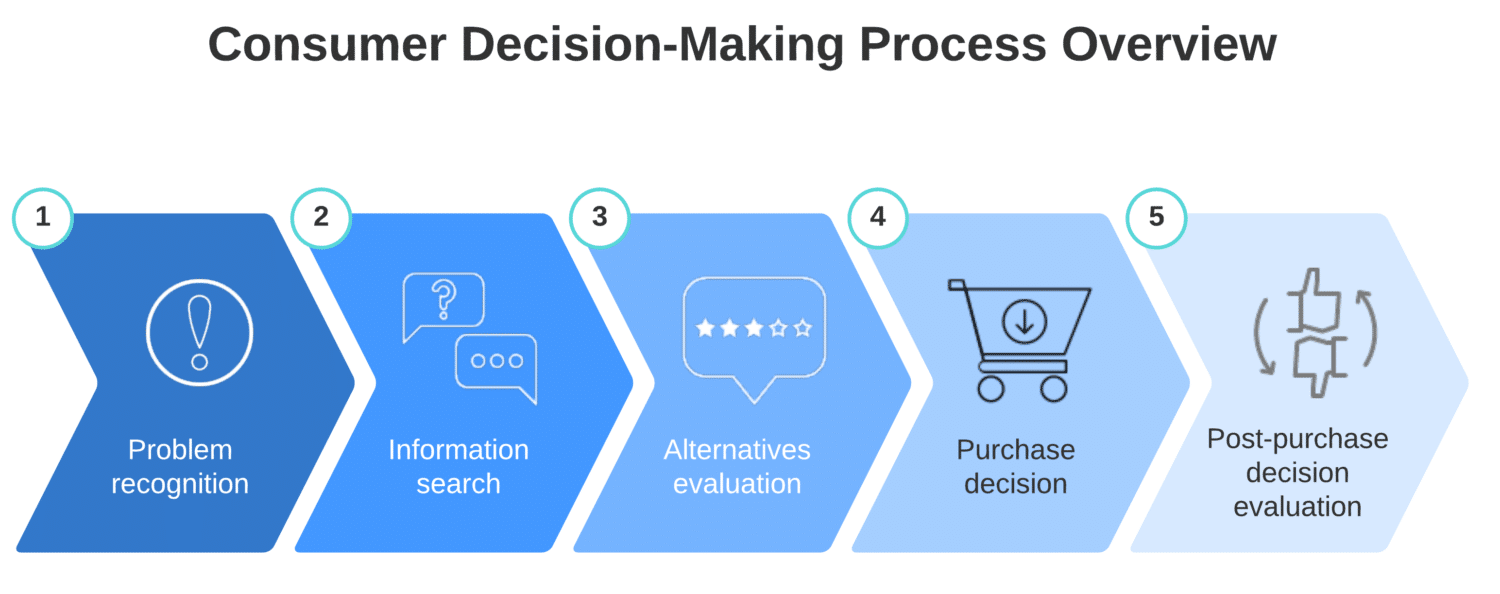1. “Do you agree with the definition of marketing used in this chapter? How can it be improved?”
This chapter is based on the micro definition of marketing given by Miller and Layton. According to the definition, marketing is a combination of business activities which are based on planning, price of product, promotion and distribution of products and services in the targeted market to achieve the goals of the organization (Burrow & Fowler, 2015). This definition includes a limited aspect of marketing and it can be further improved if it is based on the process of attracting potential. . .



